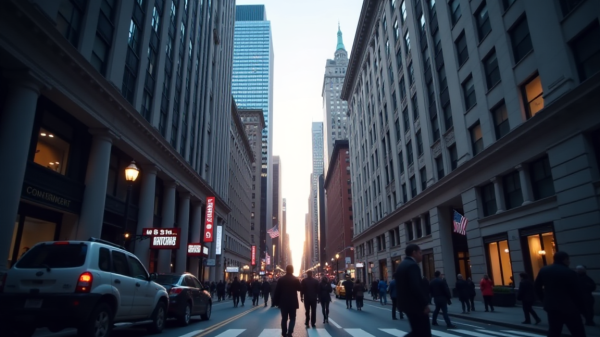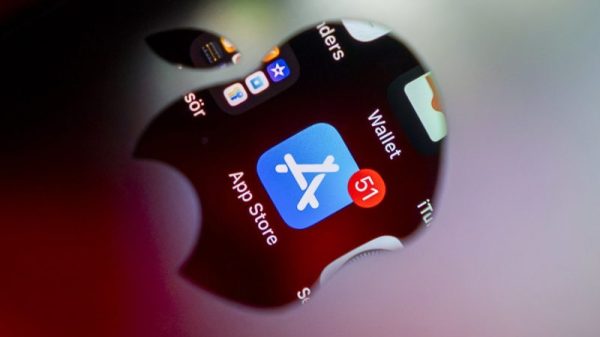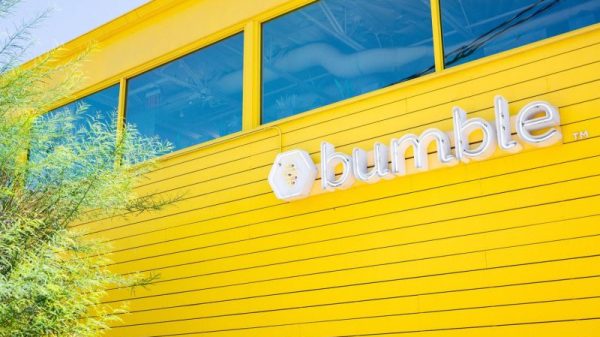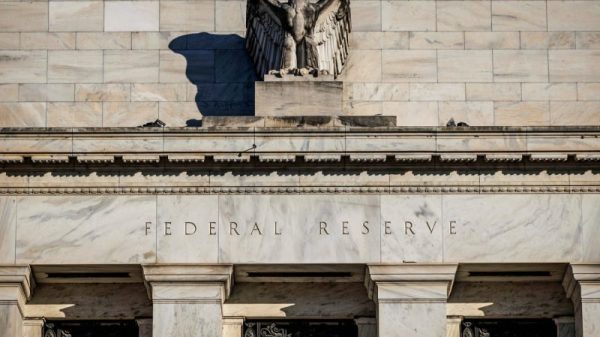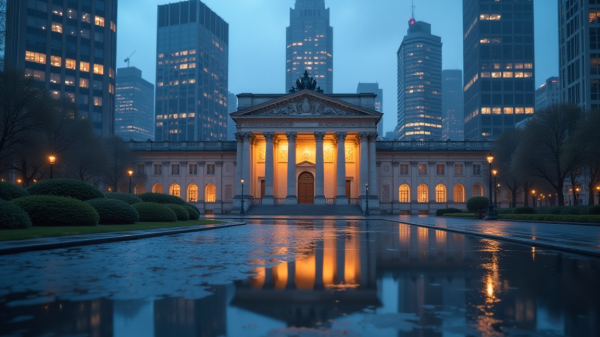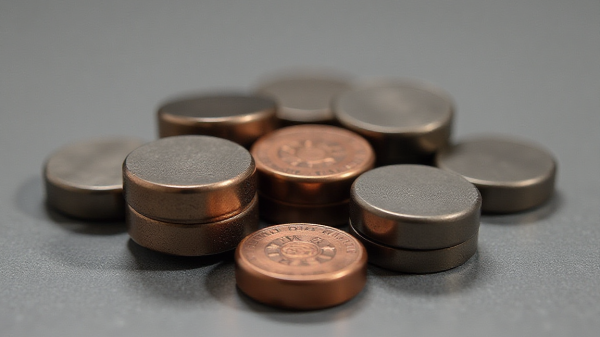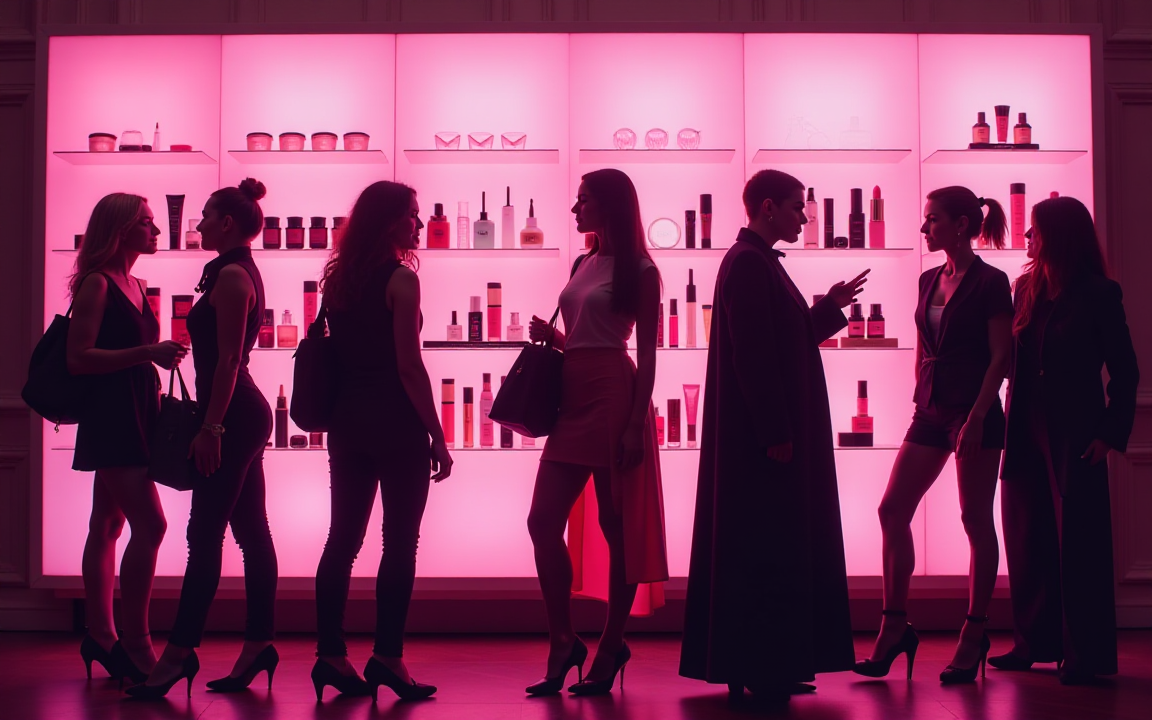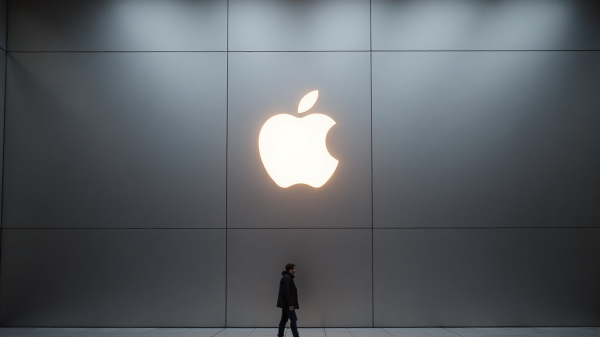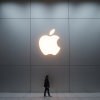Hailey Bieber’s beauty brand Rhode has been acquired by Elf Beauty for $1 billion, pending regulatory approvals, in one of the biggest celebrity beauty transactions to date.
The deal, announced on Wednesday, marks a defining moment for celebrity-led ventures in the skincare and cosmetics sector, with Rhode joining Elf’s growing portfolio of cult beauty labels.
Bieber, 28, will remain in a leadership role as Rhode’s chief creative officer and head of innovation, while also acting as a strategic advisor to Elf Beauty.
The model and entrepreneur said the expanded role allows her to deepen her influence in the global beauty space.
“This expands my role into the world of beauty even more,” Bieber said in an interview. “I just want to continue being a force in the space globally.”
The acquisition follows Rhode’s rapid growth since its 2022 debut.
Bieber’s tight focus on a minimal product line, marketing finesse and viral digital strategy has helped Rhode carve a distinct place in the highly saturated celebrity beauty landscape.
Rhode deal emblematic of the success of celebrity-led beauty brands
The Rhode acquisition underscores a larger industry trend: the formidable rise of celebrity beauty brands over the past decade.
Rhode’s $1 billion valuation places Bieber in elite company alongside Rihanna, Selena Gomez and Kylie Jenner—whose beauty brands have all disrupted the market in recent years.
According to market researcher Nielsen IQ, celebrity-founded brands generated $1.1 billion in sales between November 2022 and November 2023, growing at a rate of 57.8%—vastly outpacing the overall beauty market’s 11.1% growth in the same period.
Celebrity brands—defined as labels owned or launched by well-known personalities—are no longer novelty ventures riding on name recognition alone.
Increasingly, they are competing with heritage brands on product quality, marketing precision and customer loyalty.
Source: Nielsen
Rihanna’s Fenty Beauty
Rihanna’s Fenty Beauty, launched in 2017, is widely credited with setting a new benchmark for inclusivity in the industry.
Its 40-shade foundation range pushed the market toward greater diversity and drew accolades for addressing previously underserved skin tones.
According to Forbes, Fenty was valued at nearly $3 billion in 2023, while trend forecaster NIQ cited it as the top-grossing celebrity beauty brand of the year, generating £477 million in annual revenue.
Fenty’s success served as a turning point, catalysing a wave of celebrity entrepreneurs to enter the market with distinct product philosophies.
Selena Gomez’s Rare Beauty
Selena Gomez’s Rare Beauty followed in 2020, fusing mental health advocacy with accessible price points and sleek, minimalist packaging.
The brand earned $350 million in revenue in 2023, according to Pitchbook, and played a key role in landing Gomez a spot on Bloomberg’s Billionaire Index.
Rare Beauty’s marketing relies heavily on Gomez’s personal influence, including short-form videos on TikTok and edited clips from her cooking show Selena + Chef.
Gomez reportedly considered selling the brand last year at a valuation of $2 billion, though she later denied plans to exit, telling Time magazine she intends to remain involved.
Kylie Cosmetics by Kylie Jenner
Kylie Jenner, meanwhile, remains a pioneer of the space.
She launched Kylie Cosmetics in 2015 with a now-iconic line of lip kits, leveraging her massive social media following and viral trends like the “Kylie Jenner lip challenge.”
Her decision to sell a 51% stake to Coty in 2020 for $600 million cemented the brand’s status as a serious player.
Though Jenner faced scrutiny over Forbes’s initial claim that she was the youngest self-made billionaire, few doubt the commercial success of her business.
By 2018, Kylie Cosmetics had brought in $360 million in sales. She has since expanded into skincare and continues to be one of the highest earners in the Kardashian-Jenner family.
Ariana Grande, Jessica Alba and Lady Gaga also make their mark
Other high-profile entrants include Ariana Grande, whose R.E.M. Beauty launched in 2021 with a focus on eye makeup.
The brand has since expanded into foundation, blush and skincare. In 2023, R.E.M. brought in $88.7 million in revenue and is expected to reach between $30-50 million in 2024.
Jessica Alba’s Honest Co. and Lady Gaga’s Haus Labs have also had varying degrees of success.
However, while some brands thrive, others fade quietly. Consumers today demand more than a famous face—they want quality, sustainability and authenticity.
Not all celebrity brands endure—but the winners are building empires
While some high-profile brands have found sustained success, not every celebrity-led venture manages to hold its ground over time.
One cautionary tale is that of beauty influencer Jaclyn Hill, whose cosmetics line faced widespread backlash following a 2019 lipstick launch marred by consumer complaints about defective products.
The controversy ultimately led to a product recall and dealt lasting reputational damage.
Hill recently announced the brand would shut down, a reminder that star power alone cannot guarantee longevity if quality control fails and consumer trust is lost.
Three factors frequently contribute to the decline of celebrity beauty brands: poor product quality, a lack of perceived authenticity, and a disconnect between the brand’s positioning and its target market.
Consumers often assume that products backed by celebrities will meet high standards. When those expectations aren’t met, disillusionment follows swiftly.
This reflects the expectation confirmation theory, which holds that customer satisfaction is largely influenced by how a product’s actual performance aligns with prior expectations.
A case in point is Kylie Jenner’s skincare label, Kylie Skin, which drew criticism shortly after launch for promoting a walnut facial scrub.
Dermatologists and users alike expressed concern over the product’s abrasiveness, warning it could cause microtears in the skin.
The controversy raised doubts about the brand’s formulation choices and damaged its credibility early on.
Ultimately, while celebrity endorsement can generate early buzz, it is not a substitute for quality and credibility.
In today’s highly informed beauty market, consumers demand products that deliver on their promises. Without that, even the most famous names cannot shield a brand from failure.
The post Hailey Bieber’s $1B Rhode deal: decoding the dazzle of celebrity-led beauty brands appeared first on Invezz

